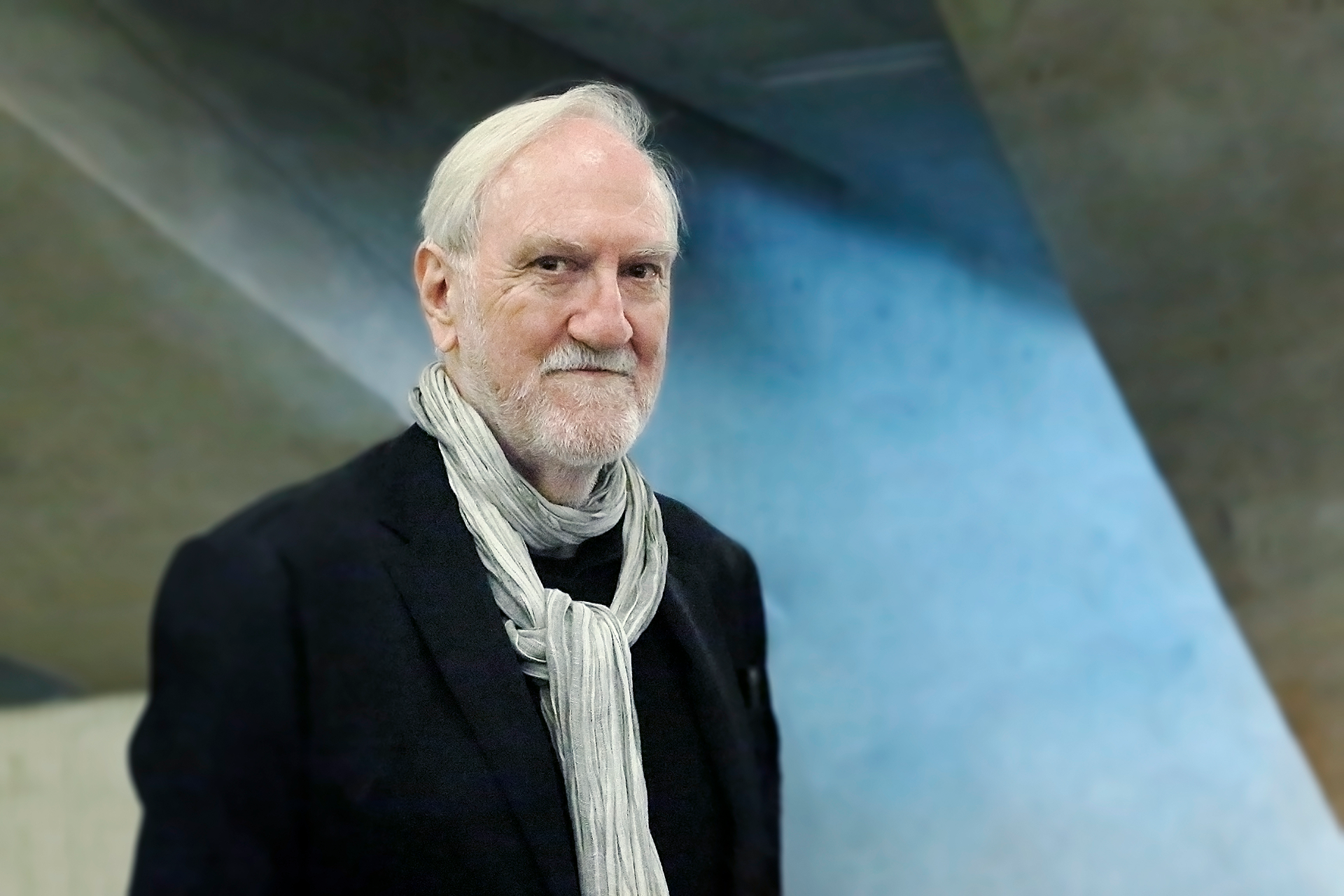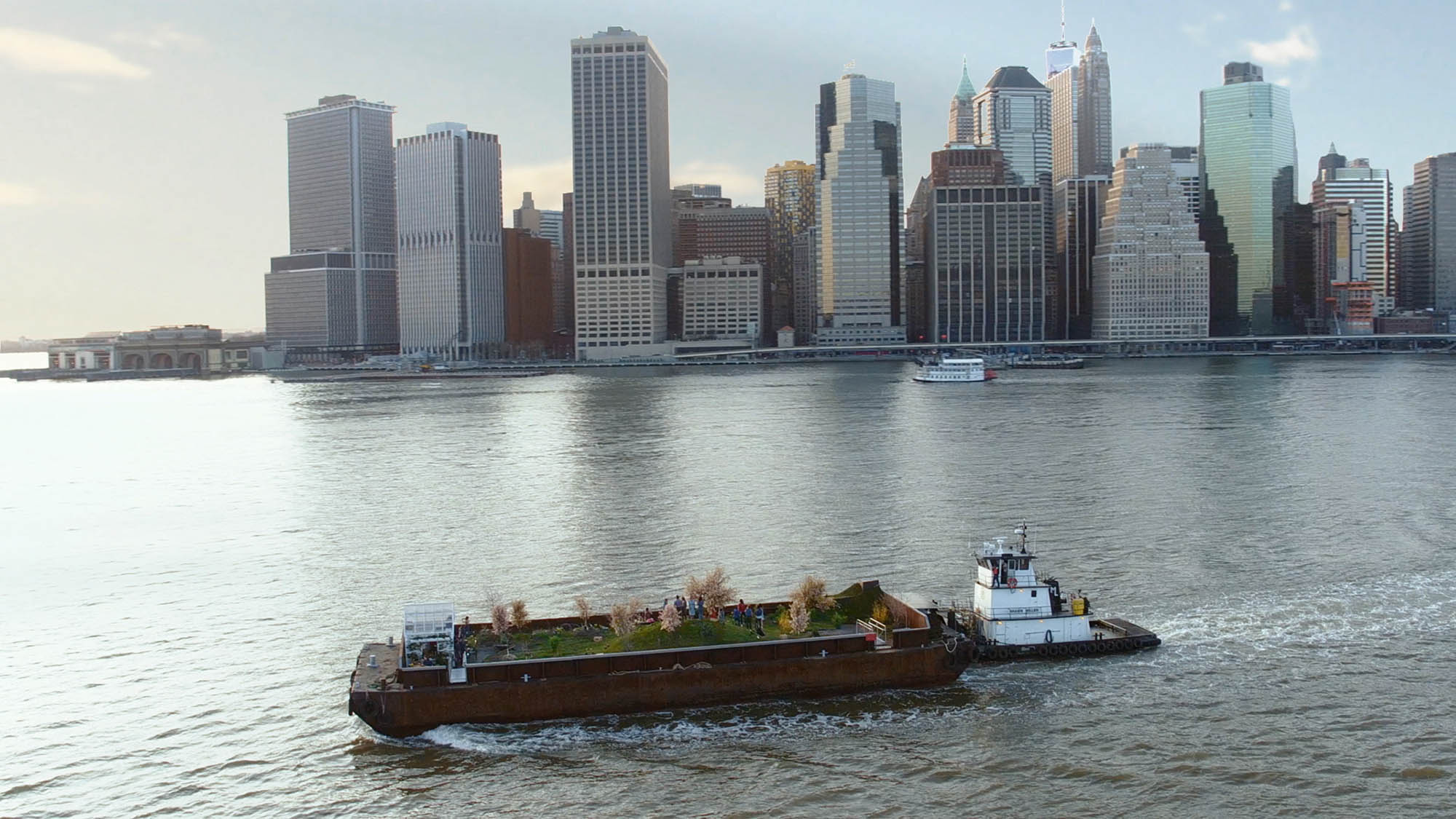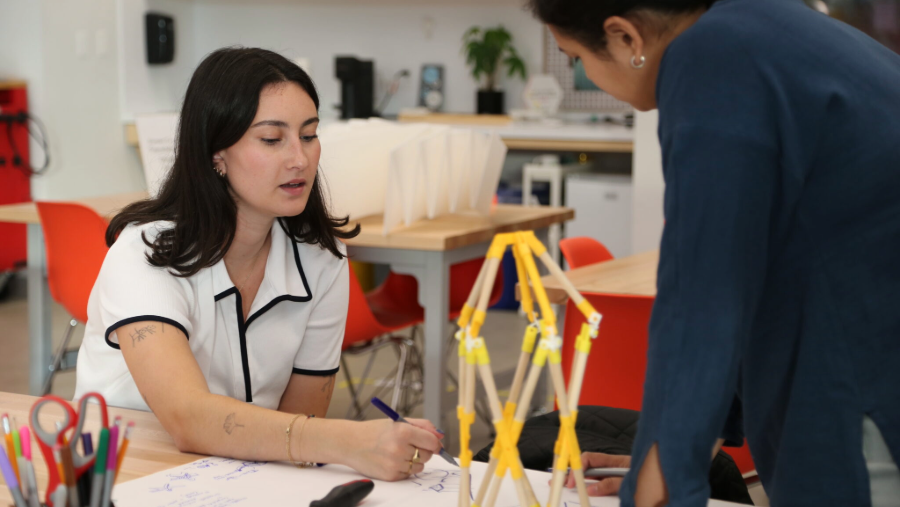Anthony Vidler (b.1941), Dean of the College of Architecture, Art, and Planning from 1997 to 1998, and former Dean of the Irwin S. Chanin School of Architecture at The Cooper Union (2002–13) in New York City, passed away on October 19, at the age of 82.
Over his nearly 60-year career as a prominent historian, theorist, and critic of architecture and urban planning, Vidler has had a constant and meaningful impact on the study and design of buildings and cities from the Enlightenment to the present, as well as on the many disciplines spanning the arts, humanities, and sciences he deftly wove into his research and writing, curated exhibitions, lectures, and classes. The mind behind nearly twenty monographs, edited volumes, and peer-reviewed publications; hundreds of scholarly journal articles; and a number of standout public exhibitions, many of which continue to inform and advance contemporary design practice and discourse, Vidler’s oeuvre is as invaluable and expansive as his thought and influence on the discipline.
“Tony Vidler was a keen observer of the present in the past, and vice versa — and, perhaps the last of architecture’s great polymaths,” shared Associate Professor of Architecture Val Warke. “In the 1970s, he created forums for debates swirling about modernisms, their histories, and their potential for a future. His work on the architects of the French Enlightenment more than enlightened, it structured a conduit between the eighteenth-century and twentieth-century avant-gardes. His “Troubles in Theory” essay series demonstrated architecture’s (sometimes desperate) grasp of transdisciplinary thinking. In person, Tony’s incisive, ingratiating humor made every lecture and conversation a pleasurable, comfortable, and indelible event. And so, too, will his life prove to be equally indelible.”
Though brief, Vidler’s appointment as Dean at AAP spoke to a far-reaching, high regard for his leadership and scholarship. Among AAP faculty, staff, and students, as well as in academic communities far beyond Cornell, he was well-known for his ability to bring ideas and people together to study, discuss, and more deeply understand spaces and places, across and between scales, and from every angle.
“One of the most influential architectural historians of our time, Tony Vidler was an important authority on Ledoux and Stirling, and he informed epoch-making debates around different ideas about architectural typology and morphology, the uncanny, surveillance, and postwar historiography,” shared Esra Akcan, the Michael A. McCarthy Professor of Architectural Theory in the History of Architecture and Urban Development program at Cornell AAP. “His nuanced and sophisticated work on these topics was only part of his contribution. What I additionally appreciated in Tony was his openness and empowerment of a generation of scholars who shifted the focus of attention and historiography to other areas and methods than those he worked on, and who might not have received recognition without his endorsement. Though I was not a faculty member during his deanship at Cornell AAP, I am grateful for his continued dedication to the school as he agreed to lead workshops and serve on our doctoral student committees. Tony’s presence, intellectual generosity, insightful erudition, critical mind, and sharp wit and humor will be missed.”
Vidler’s scholarship and dedication to advancing the disciplines of architecture and architectural history and theory were recognized with grants and fellowships from the American Society of Arts and Letters, the Mellon Foundation and Canadian Center for Architecture, the Getty Center for the History of Art and the Humanities, the National Endowment for the Humanities, and the John Simon Guggenheim Memorial Foundation, among others. He won the prestigious AIA International Book Award and the Society of Architectural Historians’ Alice Davis Hitchcock Book Award for Claude-Nicolas Ledoux: Architecture and Social Reform at the End of the Ancien Regime (1991). In 1995, he was elected to the American Academy of Arts and Sciences.
“To describe Tony Vidler as prolific would be inadequate as he produced a vast body of work that would be difficult for most to create in many lifetimes, let alone one,” said AAP Dean J. Meejin Yoon. “From his earliest works, published decades ago now, Tony has drawn connections between the history, theory, and practice of architecture, past and present, that remain resonant today and will continue to have a profound impact on the field — as will his disarming wit and kindness.”
Vidler was most recently appointed as Professor at The Irwin S. Chanin School of Architecture at The Cooper Union. He has also held senior faculty and leadership positions at some of the world’s most renowned schools of architecture at institutions such as Princeton University, Yale University, the Architectural Association School of Architecture, and UCLA, among others. At AAP, beyond his deanship, Vidler has taught classes at the Gensler Family AAP NYC Center summer program (2010–11), was the inaugural speaker of the John Shaw Lecture in 2018, and has mentored and advised doctoral candidates in the History of Architecture and Urban Development program.




